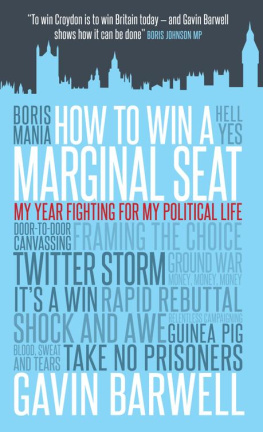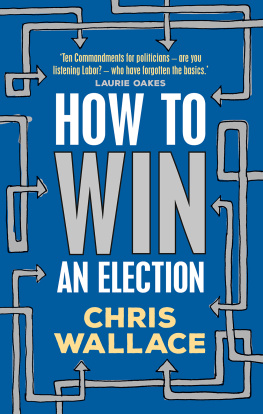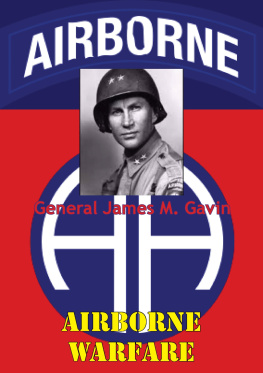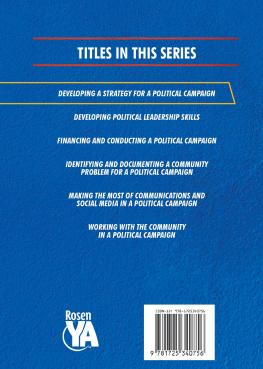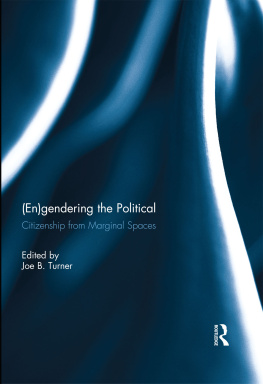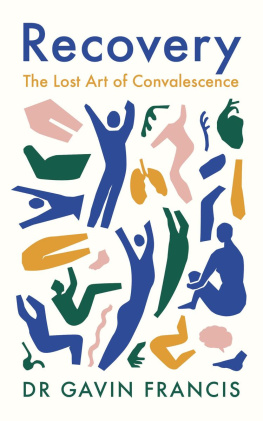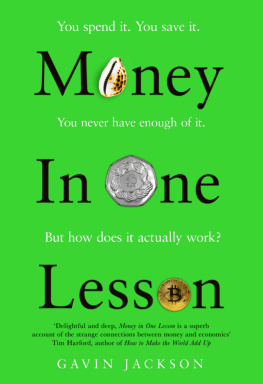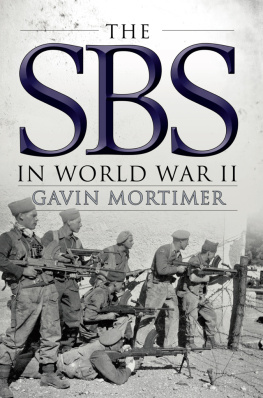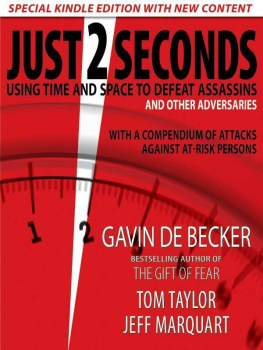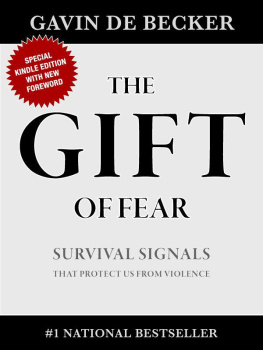To Karen, Jack, Sam & Jamie for putting up with me.
And to everyone who worked on #BackBarwell2015 you made the difference.
The credit belongs to the man who is actually in the arena, whose face is marred by dust and sweat and blood; who strives valiantly; who errs, who comes short again and again, because there is no effort without error and shortcoming; but who does actually strive to do the deeds; who knows great enthusiasms, the great devotions; who spends himself in a worthy cause; who at the best knows in the end the triumph of high achievement, and who at the worst, if he fails, at least fails while daring greatly, so that his place shall never be with those cold and timid souls who neither know victory nor defeat.
I VE NEVER BEEN tempted to write a book before, but in the weeks after the general election on 7 May 2015 the idea slowly began to grow on me.
The contest in my constituency of Croydon Central had been by any measure the amount of money spent, the frequency of visits by ministers and shadow ministers, the volume of literature delivered or the number of political activists pounding the streets one of the most intensive constituency campaigns this country has ever seen. At the end of it, I had hung on by the skin of my teeth. The experience had been a gruelling one, both physically and psychologically, from which I was struggling to recover. Here was a story worth telling.
So who is this book for? First and foremost, its for my kids. When theyre a bit older, Id like them to understand what their dad was up to when he wasnt around and why he was often grumpy when he was. Three young boys is a fairly niche market for a book, however.
Its also for the people who worked on my campaign. I got to stand on the stage and be declared the winner, but I couldnt have done it on my own. Hundreds of people donated some of their hard-earned money or gave some of their precious spare time to deliver leaflets or knock on doors. These people and others like them in all parties all over the country are the unsung heroes and heroines of our politics. Theyre not in it for themselves they get involved because they care about their local community and their country and want to change them for the better. This book is dedicated to such people. They deserve a better homage, but its a start.
Third and most importantly, this book is for anyone who is interested in the gritty coal face of politics. Our political journalists are embedded in Westminster. They produce a huge amount of commentary on the leaders of our political parties, their campaign strategies and key messages what is sometimes collectively termed the air war. Elections, however, are won and lost on the pavements of only about 100 of the 650 constituencies places like my constituency of Croydon Central. These places are quite different from SW1. And coverage of what the political parties do in these constituencies the so-called ground war is both rarer and sometimes ill-informed.
This book attempts to redress the balance. My aim is to give an insight into what its like to be an MP defending an ultra-marginal seat. I hope that insight will be of interest to supporters of all parties, even if those who arent Conservatives will disagree with much of what I was campaigning for.
Some may be interested in understanding why political parties campaign in the way we do. Why do activists bother knocking on peoples doors do they really think a quick conversation is going to change someones mind? Why do they stand outside polling stations with coloured rosettes on? Some may be interested in the detail of what we did in Croydon Central the voters we targeted, the messages we employed, the literature we delivered looking for lessons to employ in their own campaigns. Others still may be interested in how it felt to be in my shoes. What was it like to find myself the subject of an unhelpful story on the front page of a major newspaper? Did the abuse on Twitter bother me? How did I cope with the pressure of knowing my job was on the line? What effect did it have on the rest of my life? Its all here.
In terms of what its like to do the job, the real divide among MPs isnt between Conservatives and Labour, but between those with safe seats and those whose jobs are on the line at each election. If youre lucky enough to get selected for a safe seat then unless you do something very stupid, or there are major boundary changes or a political earthquake like the one weve seen recently in Scotland, youve got a job for life. General elections arent about whether youre going to be in the next House of Commons, but whether youre going to be on the government or opposition benches. If youre an MP in a marginal seat, however, your job is on the line every five years. Its a fixed-term contract with a five-year-long job interview to decide if it gets renewed.
And your fate isnt entirely in your own hands. If you do a good job, a few people who wouldnt normally vote for your party will vote for you what is known as a personal vote. Most votes arent personal, though; on the whole, people care more about which party gets to run the country than who their local MP is. Some of the nicest yet most frustrating conversations I had during the campaign were with lifelong Labour voters who said, I really admire what you have done as our MP, but Im sorry: I cant vote for a Tory.
The hard truth is that if the national tide is against your party it doesnt matter how good a job you have done. And sooner or later the national tide will be against your party. You may hold your marginal seat at the next election or even the election after that, but one day, however hard you work, youre going to lose.
Marginal-seat MPs cope with this in different ways. A few conclude theyre not going to win and give up. Others graft as hard as they can. The rest fluctuate between these two extremes as their party rises and falls in the polls.
Of course, many MPs in safe seats work hard too. They may not be in danger of losing their seats, but they still want to do a good job for their constituents. The good ones also campaign in a nearby marginal seat. However, the average MP in a safe seat inevitably knocks on far fewer doors and delivers far fewer leaflets in their own seat than the average MP in a marginal. As a result, they receive less casework. Theyre also under less pressure to spend all their time on constituency issues, leaving them with more time to pursue national or international issues theyre interested in. In my time as an MP, my total overseas travel has been one day trip to CERN in Switzerland with the Science & Technology Select Committee. Its not that Im more virtuous than the next MP I simply cant justify spending a week on a cross-party visit fostering better relations with Taiwan when I could be campaigning in my seat. Representing a marginal seat is a very different job.
Lastly, and selfishly, this book is for me. The twelve months leading up to polling day were incredibly tough. I had to combine being a government minister, an MP, a candidate running for re-election in an ultra-marginal seat and a husband and father. I averaged five hours sleep a night and most nights I would wake up at least once in a cold sweat over something that hadnt been done or with an idea of something new I could do to improve my chances, which I would quickly scribble down on a pad of paper I kept next to my bed, then try to get back to sleep.
I wasnt just worried about losing my job and with it the chance to change my home town for the better; there were six people working for me whose livelihoods also depended on me winning. It became very difficult to strike anything approaching a sane work/life balance. My wife Karen would often ask, Do you have to go to that event? She was right I didnt

